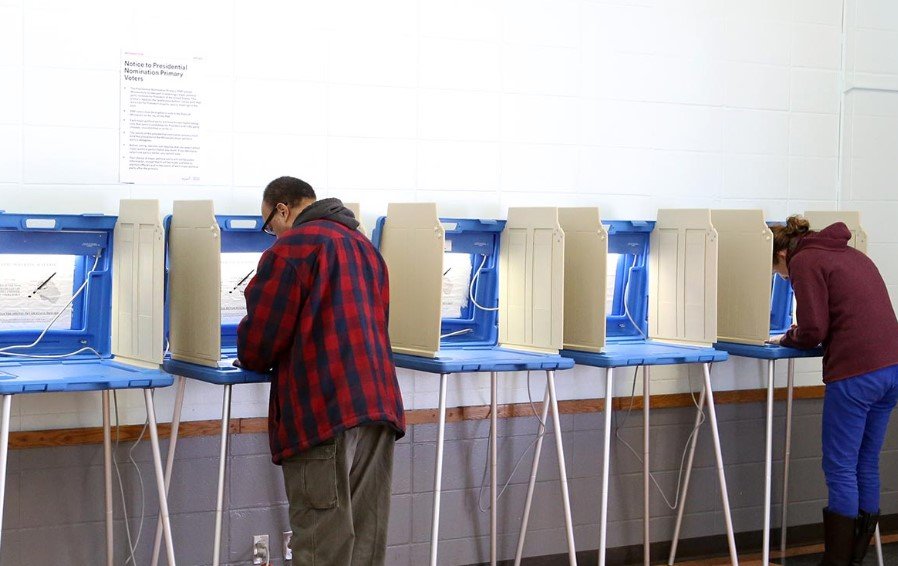A Bold New Push for Voter Integrity
President Donald Trump signed an executive order on Tuesday demanding proof of citizenship for voter registration in federal elections, shaking up the already tense debate on voting rights in America. The order also mandates ballots must be received by Election Day, intensifying the pressure on states to adjust their election procedures.
Proof of Citizenship Takes Center Stage
For years, Trump has hammered on the idea that US elections are riddled with fraud — despite a lack of concrete evidence supporting those claims. This new order is the most aggressive move yet in his quest to reshape voting regulations. It calls for states to require documents like birth certificates, passports, or naturalization papers before allowing voter registration.
The Brennan Center for Justice reported in 2023 that around 21.3 million voting-age Americans — roughly 9% — don’t have immediate access to these documents. That raises serious concerns about how many eligible voters could be disenfranchised.
One-sentence punch: The move could hit marginalized communities hardest, where access to official documentation is often more difficult.

Federal Pressure on States
Trump’s order doesn’t just suggest changes — it demands compliance. States are required to:
- Share voter registration data with federal agencies to identify non-citizens.
- Cooperate with federal investigators to prosecute election-related crimes.
- Ensure all ballots arrive by Election Day — no more counting late-arriving mail-in ballots.
If states refuse to follow these measures, they could lose federal funding — a major blow to state budgets already stretched thin.
One state official, speaking anonymously, said, “It feels like blackmail. We either comply or lose crucial funding for education, healthcare, and infrastructure.”
A Legal and Political Firestorm
Legal challenges are practically guaranteed. Civil rights groups are already preparing lawsuits, arguing the order violates the National Voter Registration Act, which prohibits excessive barriers to voter registration.
Democrats and voting rights advocates say this is voter suppression disguised as election security. Senate Majority Leader Chuck Schumer called it “a blatant attempt to rig the system in favor of Trump’s allies.”
Meanwhile, Republicans argue it’s a long-overdue step to secure elections. House Speaker Mike Johnson praised the order, saying, “It’s common sense. Only American citizens should vote in American elections.”
One-sentence takeaway: The legal battle is inevitable, but so is the political showdown.
What’s Next for American Voters?
The executive order sets the stage for a fierce, high-stakes fight over voting rights in the 2026 midterms and beyond.
A table of key changes and their potential impacts:
| New Requirement | Potential Impact |
|---|---|
| Proof of citizenship for voting | May block millions without documents from registering to vote. |
| Ballots must arrive by Election Day | Could lead to thousands of votes discarded due to mail delays. |
| Federal oversight of state voter lists | States may resist data sharing, triggering legal disputes. |
| Penalty for non-compliance | States risk losing crucial federal funding. |
Voters, state officials, and courts now face a complex, heated road ahead. One thing’s clear — this order isn’t just about ballots. It’s about the future of American democracy.
